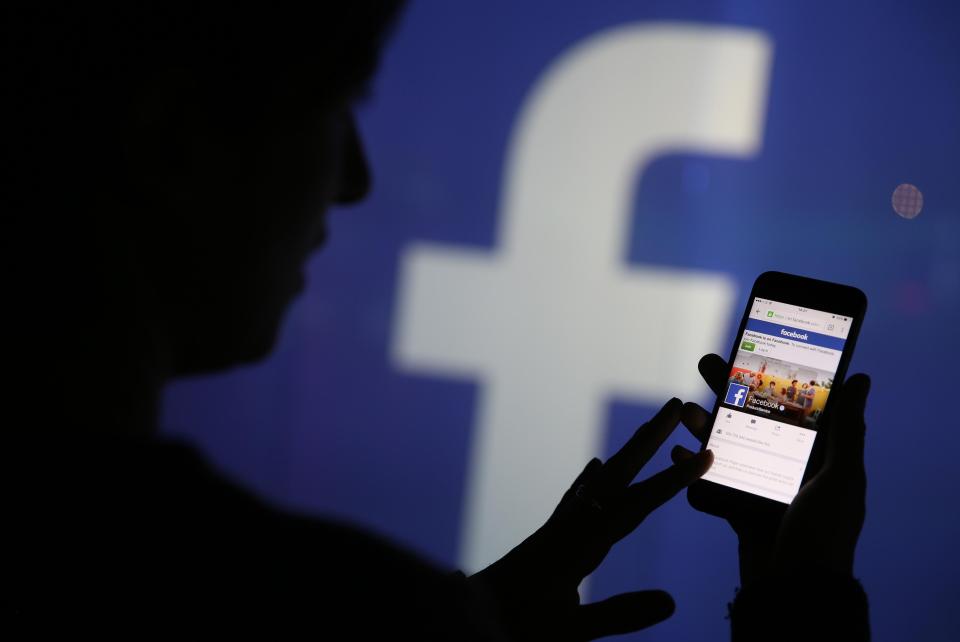No one seems to know what many brands really even do. Is that an issue?
I don’t want to write much about the Mark Zuckerberg hearings — although “Mr. Zuckerman” was pretty funny, as well as the fact that a tech hearing used printed-out logo boards — because the story’s been everywhere, and everyone is essentially saying the exact same stuff about it.
What the heck is Facebook, even?
This is the real issue, to me: the reason any of this even became an issue is because no one really knows what Facebook even is. Think on this: something like 66% of adults get their news from Facebook. Just off of that stat alone, Facebook is essentially history’s biggest newspaper. Is it regulated like a newspaper would be? No. To others, Facebook is:
- A place to keep tabs on friends and ex-lovers
- A messaging service
- A bank
- Another version of Craig’s List
- A place to run ads
- A place to get data
The last one is, of course, why the hearings happened. Very few people who use Facebook regularly understand the business model. It’s the old trope of business: “If the product is free, you’re the product.” Many people don’t get that, however.
You’re seeing this confusion about what exactly a brand does all over the tech space, and the tech space is dominating business these days, so it’s becoming normative to not fully understand what exactly a company’s core endgame and offerings are. For example: within a decade, we might consider Apple a healthcare company. Google might be a car company. Examples like this abound.
The repercussions
Seth Godin has a perspective on the idea of reputation that’s somewhat similar to mine: spinning it into the future, he says reputation is “what people expect us to do next.”
But if we as consumers and, well, citizens don’t know what these companies are even doing in the first place — how do we know what to expect from them?
Their reputation is going to suffer, right?
Godin believes we evaluate quality and character.
I’ve always said that a company owns its brand, but the public owns the brand’s reputation.
I think we’re arriving at a point in business/societal history where this is going to hit a gigantic tipping point.
What next?
Probably nothing, honestly.
Most articles of this type would argue for “increased transparency” on behalf of the companies. I’d love to argue for that, but it’s a pipe dream. No multi-billion dollar company wants anything to do with transparency, Ray Dalio be damned.
And let’s be real: despite a televised hearing and general uproar about how Facebook makes money, most users still aren’t even changing their privacy settings.
Businesses at a scale like Facebook don’t fall into the ocean overnight, even when their reputation takes a hit.
The other easy argument here is that as millennials get more purchasing power and decision-making authority within their careers and lives, maybe they’ll force companies to be more reputation-centric and care about their users.
The elephant in that room is money. As long as money can be made, transparency is dead. Caring about your customers is on life support (so long as someone is paying for your service). And so does that mean reputation only matters in times of crisis, not as a day-to-day element.
These are the sad realities of the modern business climate, unfortunately. Reputation, while assumed important, can be lip-serviced by those who achieve scale and money — and dare say a MONOPOLY.
What do you see as changing that? This is what I am thinking about – I wrote a book about reputation and believe it to be important, but maybe not at scale. What do you think?


